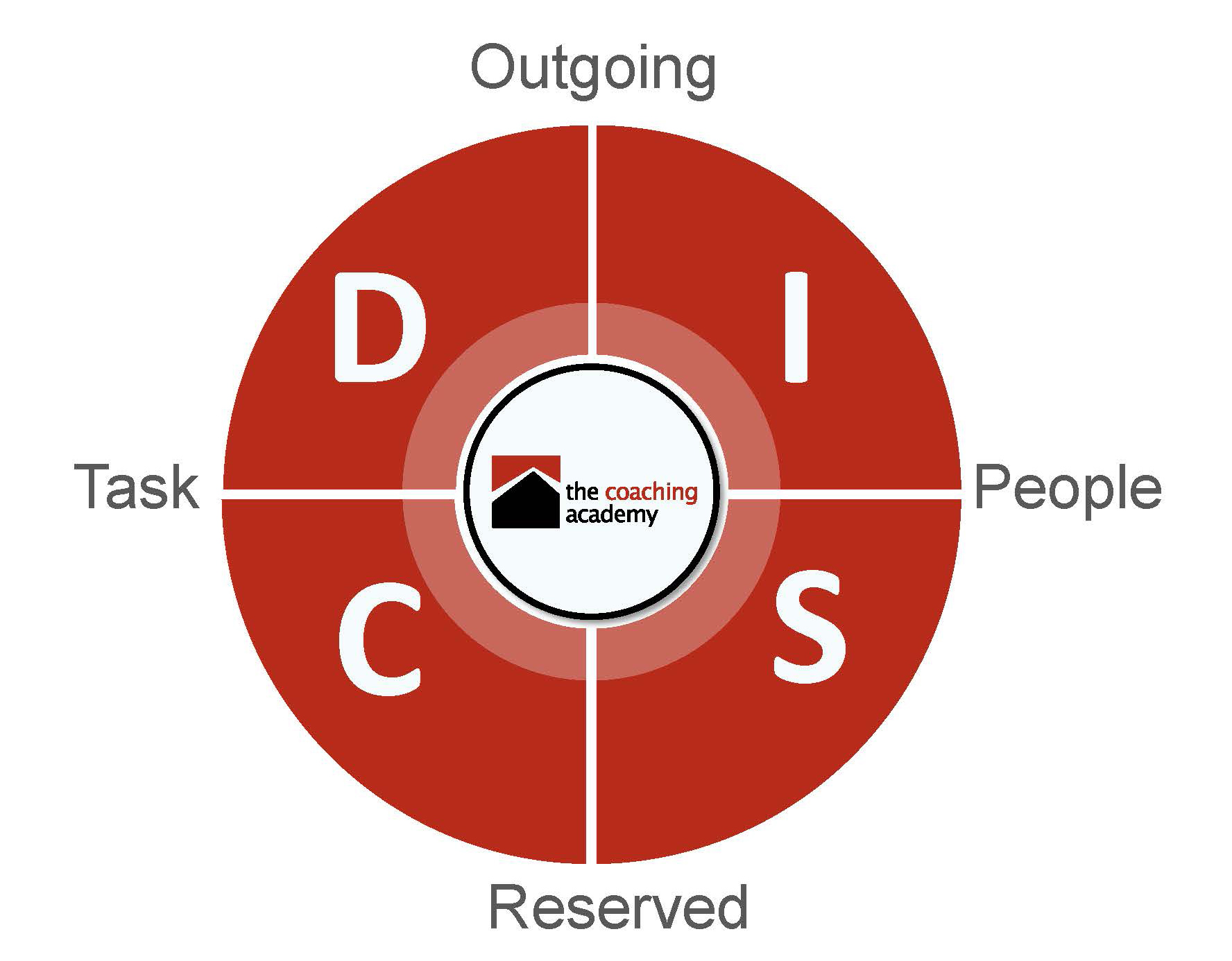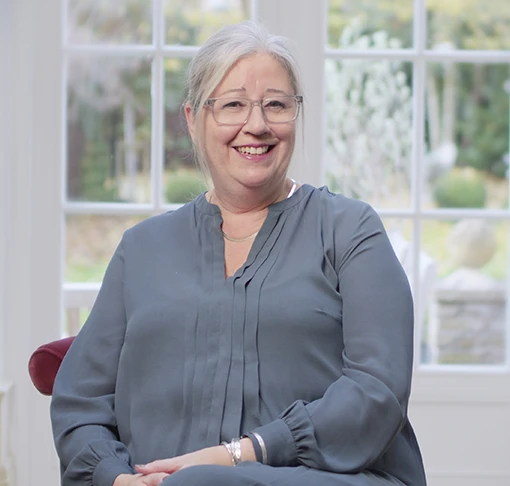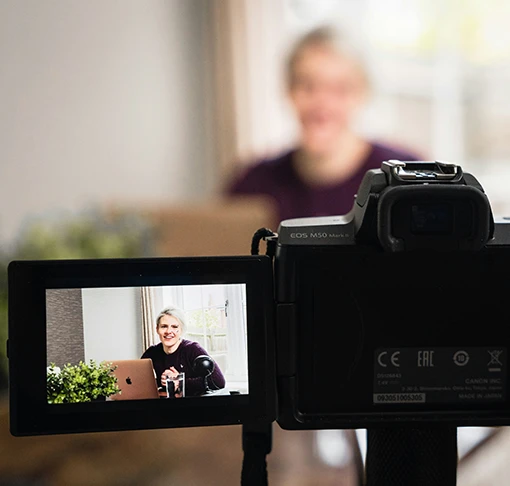- Life Coaching Diploma
The basis for all our training, our professionally accredited diploma - Corporate Coaching Programme
If you want to coach larger corporates and their teams - NLP Diploma Level 1
Our level 1 course designed to teach the fundamentals of NLP - NLP Practitioner Programme
Train to be an NLP pracitioner - Business Coaching Diploma
If you want to coach businesses and their leaders - Coaching within Education
Coaching for use in educational and childcare settings
- Free Introduction Webinars
Join us on one of our free webinars to find out more about our diplomas - DISC Personality Profiling
Explore our DISC workshops, training courses and resources - Coaching Conversations
Our monthly webinar series thats free to join - CPD & Workshops
We run regular CPD workshops covering a range of niche coaching areas - What is life coaching?
Find our more about life coaching, what it is, and how its used - Our Blogs & Articles
Insights, stories, articles and more - Coaching, counselling and mentoring
What is the difference between these three modalities - History of life coaching
The history of life coaching, and how it started - Life coaching accreditation
Is life coaching accredited, and why is it important
Policies & Ethics
The Coaching Academy Blog - 01 Jul 2019
Helping young people succeed with DISC - by Dave Pill
So many people use the DISC personality profiling tool nowadays. Some use it as part of their recruitment process, others use it to manage and motivate their teams, and coaches use it to understand their clients. It is used in conflict resolution and, better still, conflict prevention! The list is endless.
In the last 10 years, I have been using DISC more and more with parents, guardians, teachers and children themselves. It's more important than ever to connect with young people and understand what makes them 'tick' from a DISC personality perspective. As this tool helps them to understand themselves and helps adults to help young adults master their own motivation.
The DISC behavioural model is the starting point to understand your own wiring, or preferences, and those of others. It’s a fact that some people to a greater or lesser extent are more outgoing whilst others are more reserved. There is no right or wrong/good or bad here it’s just a preference and it’s fully acknowledging that people can flex their outgoing or reserved tendencies in different environments. In addition to this people also have priority preferences as part of their wiring - some are drawn towards Task and some towards people. Again, you can flex your preference when the need arises.
The Behavioural Model below allows you to see what I mean and allows you to take a quick ‘snapshot’ of your own primary DISC style and maybe that of any young people who fall under your influence.

Identifying the different personality types gives you the opportunity to better understand young people and their approaches to learning and processing information
Here are a few highlights of how to use DISC with young people:
The D Type - Outgoing & Task Orientated
These are generally individuals who are motivated by success and like to know where they stand in comparison to others in their group.
Priority Power
Need To feel they are respected
Communication style Can be direct and forthright
Motivational drivers Challenge Choice Control
Responds best to an adult who Takes a firm, consistent line and is to the point
Ideal environment Faster paced, getting things done, variety, challenging, competitive
Approach to learning Will probably seek to challenge, likes to be in charge of their own destiny, wants to know ‘what’ – for example, what we are doing? What is it for?
The I Type - Outgoing & People Orientated
These are generally, individuals who are motivated by working and interacting with others in a fun informal way.
Priority People
Need Like to be liked
Communication style Friendly, informal verbal, persuasive
Motivational drivers Praise Popularity Peer recognition
Responds best to an adult who Is Enthusiastic, positive, optimistic and makes things fun.
Ideal environment Informal, friendly, fun and upbeat. Have the opportunities to express ideas, talk and interact/work with others.
Approach to learning Roleplay, not overloaded with details, prefers information in ‘bite-size’ chunks, likes to make things fun, wants to know ‘who,’ for example who is involved? Who is leading the activity?
The S-Type Reserved & People Orientated
These are generally, individuals who like to see things through to completion, working at a good, steady pace. They are team orientated individuals, who are sensitive to the perceived needs of others in their group.
Priority Pace
Need To feel secure and valued
Communication style Can internalise thoughts and feelings, in new situations, often prefers to listen than talk. In familiar environments, will often speak more with people they know, like and trust.
Motivational drivers A win-win outcome for all Feeling valued Feeling safe and secure
Responds best to an adult who Has control of the environment, makes it safe, is sincere, non-threatening and respectfully direct.
Ideal environment Calm, supportive, friendly, free from conflict and unfairness.
Approach to learning Likes to work as a team (Together Everyone Achieves More) Like to finish what they start Have the time to reflect and consider Realistic/agreed deadlines. Wants to know ‘how,’ for example how will we go about achieving this goal?
The C-Type Reserved & Task Orientated
These are generally individuals who value, correctness, quality, accuracy and logic.
Priority Procedure
Need To achieve perfection or a very high degree of accuracy.
Communication style Often written, can also internalise thoughts and feelings before committing them to text. Likes to question and be curious and they want to know all the variables.
Motivational drivers Being correct Quality is important Logic presides
Responds best to an adult who Can give quality answers to questions, is knowledgeable, precise, logical, provides detail when issuing tasks, and knows the importance of perfection.
Ideal environment Low conflict, quiet, more formal.
Approach to learning Likes to know the rules. They have a desire to understand the details before embarking on the task. And they want to get things right, follow the structure/procedure. This style wants to know ‘why,’ for example. why we are doing this? Why is this important?
From the above, it can be seen that different people have different preferences, and the DISC Behavioural Model helps reveal these preferences. There are no right or wrongs here, no good or bad styles - just preferences! Once these preferences have been identified it is possible to help young people, in fact, ALL people successfully navigate challenging times, understand themselves better, help reduce stress and ultimately achieve more.
If this blog sparks an interest within you as to how people are DISC wired, imagine where our one-day Workshop will take you? Join us this January in London or choose your preferred location and learn more about your style and the style of others.
Explore our free introduction webinars
We run a number of free webinars from our Introduction to Life Coaching, to sessions covering coaching niches. The next of each of these webinars is displayed below.



